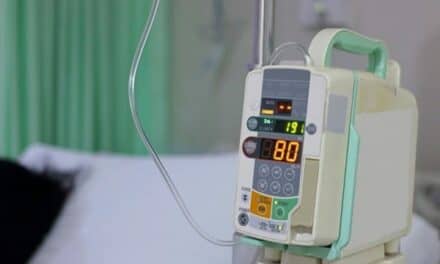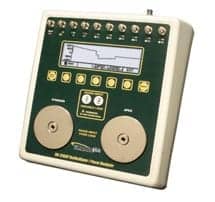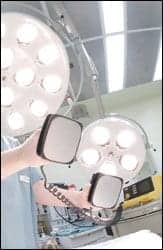There’s safety in numbers—except when it comes to medical device alarms. Recognizing that the constant noise from such signals may lead to alarm fatigue among health care professionals, The Joint Commission (TJC) has issued a Sentinel Event Alert. The recommendations include preparing an inventory of alarm-equipped medical devices and tailoring alarm settings and limits for individual patients.
While there may be many thousands of alarm signals throughout a healthcare facility each day, most do not require clinical intervention. As a result, healthcare professionals may risk overlooking those that do require immediate attention. The consequences can be serious or fatal.
In fact, according to FDA data, more than 500 alarm-related deaths took place between 2009 and 2012. To prevent such outcomes, TJC recommends the following actions, which correspond with recommendations made by the AAMI Foundation’s Healthcare Technology Safety Institute and ECRI Institute:
- Ensure there is a process for safe alarm management and response in high-risk areas
- Prepare an inventory of alarm-equipped medical devices used in high-risk areas and for high-risk conditions and identify appropriate default settings
- Establish guidelines for alarm settings on devices used in high-risk areas and identify when alarm signals are not clinically necessary
- Create guidelines for tailoring alarm setting for individual patients and address situations when limits can be altered to minimize alarm signals
- Inspect, check, and maintain medical devices to provide for accurate and appropriate alarm settings, proper operation, and detectability
- Train all clinical care team members on alarm management and response in high-risk areas.
For more information on this alert, download the alert from The Joint Commission’s website.




